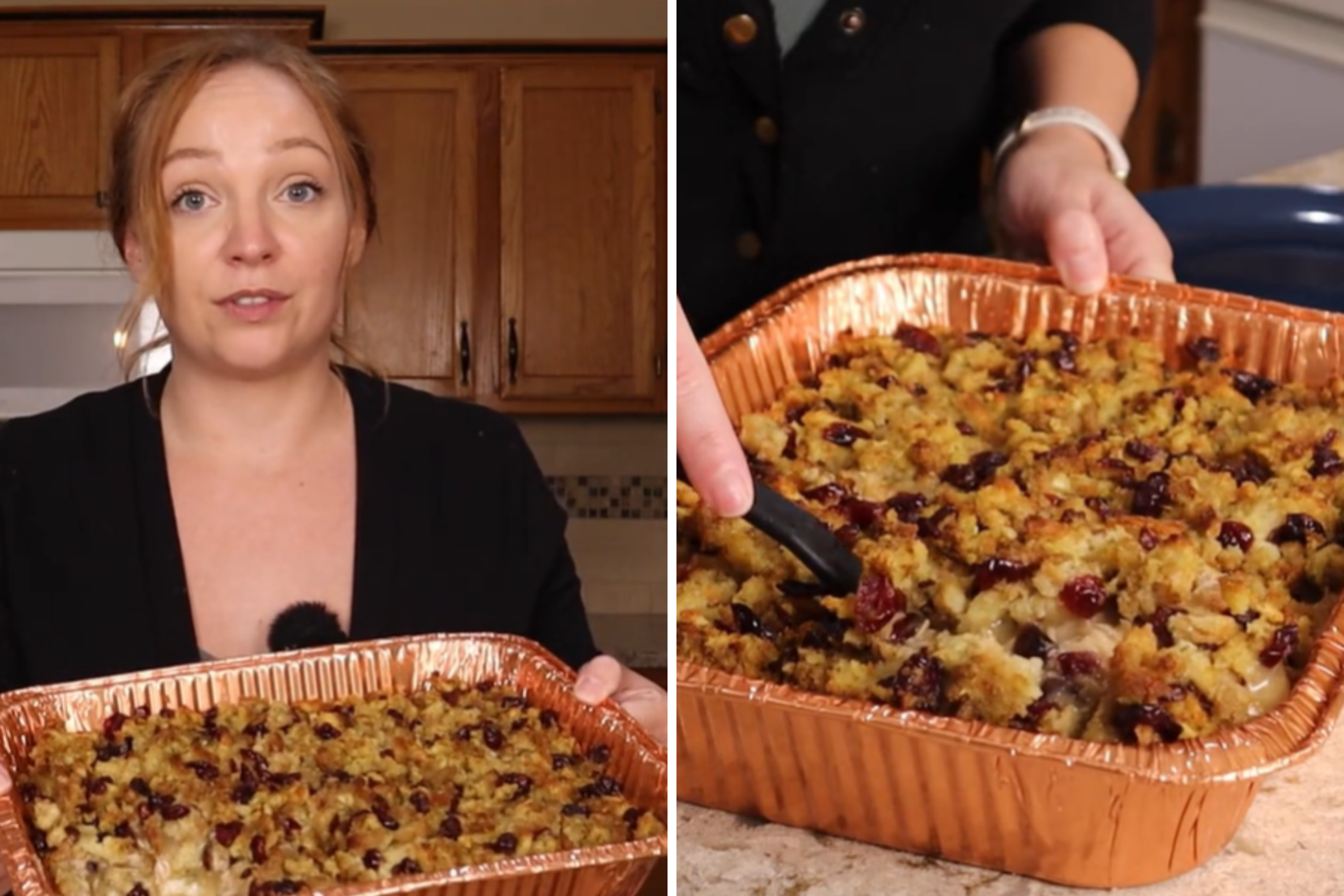New research from France has found a link between the skin condition psoriasis and eating a higher quantity of ultra-processed food (UPF).
Psoriasis is a chronic autoimmune disease, which means it is caused by the overactivity of the immune system attacking normal tissues in the body.
It can look a bit like eczema, causing patches of the skin to turn another color—such as red, pink or purple—or become dry, itchy and scaly.
A study published on Wednesday found a significant association between active psoriasis and a higher intake of ultra-processed food, even after adjusting for other factors such as body weight, age, sex, smoking status, physical activity and alcohol consumption.

"The study is a cross-sectional study in a French cohort, where participants who have never had psoriasis are compared with those who have active psoriasis and those who have had psoriasis but it is not currently active in terms of their dietary intakes of ultra-processed foods," said Professor Wendy Hall, from the Department of Nutritional Sciences at King's College London, U.K., in a statement.
"This study can only tell us if diet is associated with a health outcome, not the direction of the effect…nor if diet is actually causing a health outcome."
She said this type of study was useful, but did not yield strong enough evidence for informing dietary guidelines.
The authors of the study themselves noted that further, larger-scale studies were needed to investigate the role of ultra-processed food intake in the onset of psoriasis symptoms.
In this study, French scientists used data from the Nutri-Net-Santé cohort study, collected from 2021 to 2022, involving more than 18,500 participants aged 15 or older.
Of those participants, more than 1,800 had been diagnosed with psoriasis, and just over 800 had active psoriasis, meaning they were currently experiencing symptoms.
The scientists analyzed information about each person's diet and put them into three groups depending on how much ultra-processed food they ate: minimum, moderate and maximum.
They found that people with active psoriasis were more likely to be in the maximum ultra-processed food category; after adjusting for other factors, they found this association remained significant.
The scientists concluded that this suggested ultra-processed food may have a pro-inflammatory effect, meaning it might encourage the chronic, low-level activation of the immune system, and thereby psoriasis symptoms.
Research has found UPF to be associated with obesity, type 2 diabetes, cancer, heart disease and poor gut health, many of which are seen as inflammatory conditions.
The paper did not specify how the scientists classified food as ultra-processed—however, Hall noted that previous research by the same authors about the same cohort used the NOVA system, which was developed by Brazilian scientists about 15 years ago.
The NOVA system is the most widely used method of defining food as UPF—indeed, it was how the term "ultra-processed" was coined. It defines UPF as food which is produced using industrial methods, such as extrusion, and containing artificial ingredients, such as emulsifiers, which would not be available in a domestic kitchen.
But there is debate in the scientific community about how effective this classification is.
Hall, who has connections with the food industry and has carried out research into diet and psoriasis, said: "Overall, UPF is generally a rather vague proxy for a poor nutritional profile and is not well-defined in terms of other aspects such as additives of the type or level of physical processing.
"The majority of foods classified as UPF are also high-sugar, high-fat, high-salt, energy-dense and low in micronutrients, fiber and non-nutrient bioactives, and by definition are not food groups that are encouraged in dietary guidelines."
This study was supported by the French Institute for Health and the Medical Research Institutional Review Board.
Do you have a tip on a food story that Newsweek should be covering? Is there a nutrition concern that's worrying you? Let us know via science@newsweek.com. We can ask experts for advice, and your story could be featured in Newsweek.
Reference
Penso, L., Touvier, M., Srour, B., Ezzedine, K., Sbidian, E. (2024). Ultraprocessed Food Intake and Psoriasis, JAMA Dermatology. https://doi.org/10.1001/jamadermatol.2024.4832



















 English (US) ·
English (US) ·